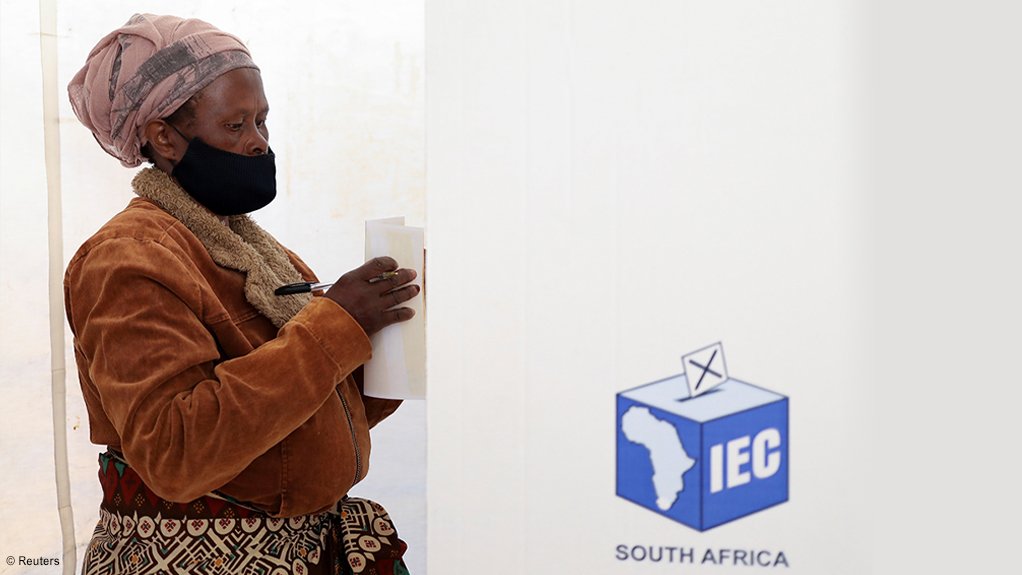Council for the Advancement of the South African Constitution (CASAC) executive secretary Lawson Naidoo argued on Friday that South Africa’s electoral system should be determined by voters and not by political parties.
He was speaking in Johannesburg during the Electoral Reform Indaba, organised by CASAC, My Vote Counts, Rivonia Circle, the Ahmed Kathrada Foundation and Defend our Democracy.
Naidoo said given the inherent conflict that political parties had in choosing "the rules of the game" – as political parties determined the electoral system in Parliament – voters were left on the margins.
He said the voter should determine the electoral system, whether through a comprehensive and satisfactory public participation process or through a referendum.
“But as voters, the electoral system is ours, it does not belong to political parties. It is there to facilitate our participation in choosing our representatives and, therefore, we should have a say in that system itself,” Naidoo asserted.
He said the country had an electoral system that detached people from what happened in Parliament and from what happened in society. He added that this was something citizens needed to turn around.
“And that is why the reform of the electoral system is such a critical aspect of allowing us to facilitate the re-engagement of people with the politics of the country. Not necessarily by becoming members of political parties but by engaging in the political discourse and being able to feel confident that when you go to the ballot box your vote does count and is going to make a difference,” he said.
ELECTORAL AMENDMENT BILL
The Electoral Amendment Bill currently before Parliament did not facilitate free and fair elections, especially for independent candidates, Naidoo also argued.
He said the current electoral system was twisted such that it did not accommodate independent candidates, and explained that the list system was unsuitable.
“The reality is that if you are going to be able to effectively accommodate independent candidates, you need a constituency system of some sort, whether it be of a single member constituency, or even as the Van Zyl Slabbert report recommended, a multi-member constituency. It creates, firstly, a closer nexus between MPs and the electorate in that constituency, and secondly it gives independent candidates a better chance of winning seats than the current system does,” he explained.
THE STATUS QUO
Naidoo said there was deep reluctance by all political parties to change the status quo, albeit for different reasons.
“The bigger parties want to hang on to the control that they have over their MPs . . . You fail to toe the party line, you will be removed from office. MPs, therefore, prostitute their oath of office to the party that puts them there rather than acting in the best interest of the people and the country,” he explained.
He added that the current proportional representation list system allowed smaller parties a level of representation that they may otherwise not have under a different system. “So they too benefit from the current electoral system.”
Naidoo highlighted that all of this was visible in the decrease in levels of confidence in elections and in the country’s democracy. He mentioned that if one looked at the statistics of voter turnout at elections in recent years, it should be a deep cause for concern for all citizens, especially young people who seems to be opting out.
He noted that in the 2019 elections, of the 9-million eligible people who were not registered to vote, 6-million of those were aged between 18 and 29 years. He supposed that number had probably increased in the three years since.
EMAIL THIS ARTICLE SAVE THIS ARTICLE ARTICLE ENQUIRY
To subscribe email subscriptions@creamermedia.co.za or click here
To advertise email advertising@creamermedia.co.za or click here











